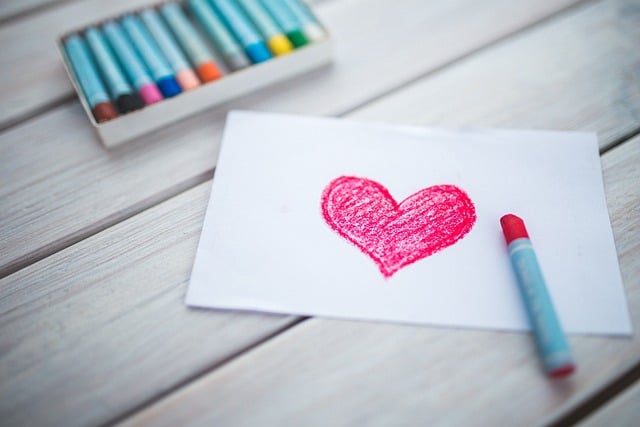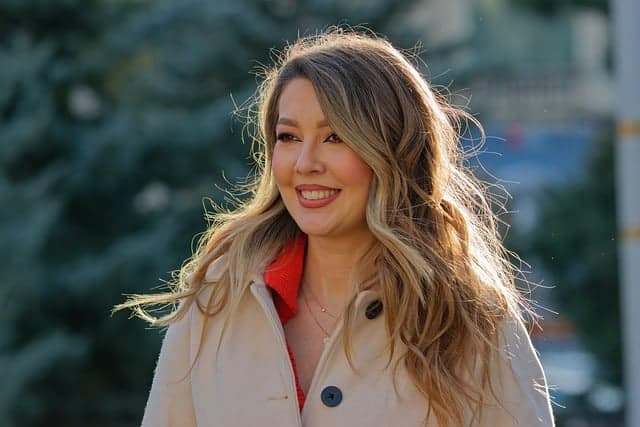I can’t remember when it happened first, the awareness that my behaviors as an adult were somehow linked to my experiences as a kid, but I do know it felt a bit like flying down a steep roller coaster. I was flooded with a bunch of emotions I wasn’t sure what to do with. That’s why today, we are discussing attachment issues in relationships.
Sometimes, awareness is like that.
Attachment (style, wounds, history etc.) is a big buzzword right now in mainstream life. I get worked up professionally when I see it simplified as a meme or a one minute TikTok video. It isn’t that I think it is a super complex topic and I do understand why people want to simplify it for mass consumption. I think attachment important enough that I dedicated my podcast to help educate and heal around it.
But, when I see attachment as a concept broken down to simple social media posts I get nervous that there is a danger of us too easily using the information only to blame; ourselves and/or our parents for everything wrong in our life.
Blame isn’t the reason to understand our attachment styles. Compassion is.
Growing in compassion for ourselves as adults and kids, having compassion for the humans who raised us and leading with compassion for the adults we love, who are part of all our attachment “stuff” because they’re in relationships with us, are all huge benefits of understanding attachment and the role it plays in our lives.
We work with attachment in my office. It’s kinda at the center of all I do if I’m honest. I know not everyone can come to my office and even if they could I can’t talk to all of you in a day. So, I am going to write a bit about it here in the hopes of helping you to grow your compassion.
My goal is always to help people feel better when they leave (my office, my website, my courses or groups) then when they first show up. What better way to feel better than to go all in on compassion?
Let’s start with the compassion question.
Why is compassion so important?
First, let’s start with what it really means. According to an article from the UC Berkeley publication Greater Good Magazine, compassion’s literal meaning is to suffer together. It can also be explained as a feeling that arises when we witness another’s suffering and we feel compelled to do something about it. It isn’t necessarily pity or even empathy, but instead a connection that feels strong enough it make us want to act to end someone else’s suffering.
In my work, I see that compassion is the key that helps unlock our ability to stay curious in relationships instead of defaulting to judgemental assumptions. We get in trouble when we assume both about others and our own selves. Imagine if we stopped assuming we knew they whys behind behaviors. How different would life be?
Imagine, if we approached everyone, including our own selves with curiosity about how to help with a suffering instead of judgment about the behaviors that are often displays of suffering. How much easier would it be to get along, problem solve, mend and grow through conflict instead of the opposite?
What happens when we move toward compassion?
I once worked with a set of parents who were in distress over their child’s behaviors. They had a highly sensitive child who needed strong guidance in regulating emotions, something neither parent had gotten when they were children themselves, which made for some triggering events between mom, dad and little one.
As a result of years of suffering, the parents had started to fight amongst themselves, compounding the child’s problems and creating all new ones for the two of them.
As soon as they were able to see one another as on the same team, (the same distressed team) with compassionate eyes, they were free to wonder about the why behind behaviors instead of judging the person’s character for the behaviors they were displaying in any given moment. When the parents could witness their suffering as shared, they were compelled to do something to end it for one another.
As these parents grew in their compassion for one another they were free to approach each other and subsequently their child, with curiosity rather than judgment. From there, it all fell into place and they were able to heal and grow together. The two of them with compassion for themselves and for each other were able to then extend that same compassionate view to their child and the repair (and related strengthening of the attachment bond) was magic to see.
It was all hard work, but it was far less painful than staying in a household that felt chaotic and full of stress.
These parents came in wanting a “fix” for their child. First, they had to help heal themselves. Each of them had to learn about attachment and gain awareness and acceptance of how their own childhood experiences were coming up in their parenting. Only then were they able to help their child grow and change.
Sometimes parents don’t like hearing this from me, but the truth is if we want to “fix our child” we have to start with ourselves. None of us are broken. But the adults in a home likely have some wounds that need to be addressed in order for us to not only be the parents we want to be, but to treat ourselves and each other better along the way. When we’re healing (you don’t have to wait until it’s done. It may never be!) we can begin repairing our adult relationships and ensuring our children’s attachment is secure and their self-confidence and resilience are strong. It’s never too late and the results are always amazing to see.





